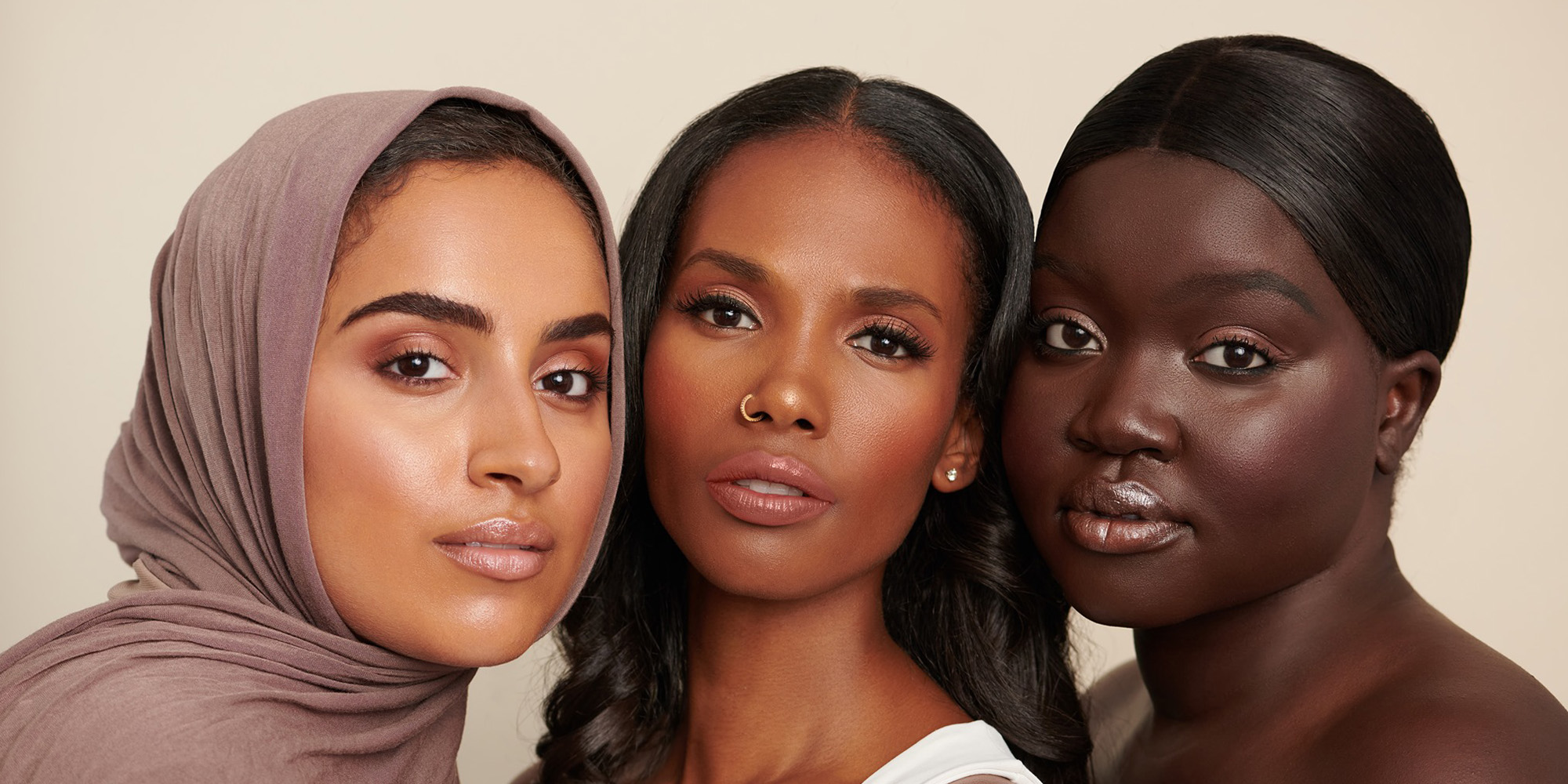
What Does The Lawsuit Against Fearless Fund Mean For Efforts To Support Black Beauty Founders?
After a significant win in the United States Supreme Court in June striking down affirmative action in college admissions, a conservative leader that set the wheels in motion for the demise of affirmative action in higher education is challenging funding for Black-founded companies.
Earlier this month, American Alliance for Equal Rights, an organization led by Edward Blum, the American activist behind the suit disputing Harvard College and the University of North Carolina’s affirmative action policies, filed a lawsuit against Fearless Fund, an Atlanta-based venture capital firm with the slogan “created by women of color, for women of color.”
The suit targets the firm’s Fearless Strivers Grant, a program that’s awarded Black female entrepreneurs more than $3 million in grants to grow their businesses. It alleges the program is racially discriminatory and violates the federal Civil Rights Act because it only distributes grants to Black female founders.
“When the Supreme Court ended affirmative action for college admissions, our gut said that this was the tip of the iceberg,” says Tye Caldwell, who founded ShearShare, a salon and barbershop rental space app, with his wife Courtney. Fearless Fund participated in ShearShare’s $2.3 million seed funding round last year.
Speaking of AAER, attorney Joseph K. West, a partner and chief diversity, equity and inclusion officer at the law firm Duane Morris law, says, “Their goal is to take the momentum and some of the interpretations of the Harvard anti-affirmative action decision and to apply that in other [industries]. They’re cherry-picking in order to get this case up to the Supreme Court. It was very purposeful and very thought-out.”

West continues, “Now the question becomes whether or not [Fearless Fund] is a logical target both legally and morally. You have to ask, ‘What is the Fund trying to address and whether or not the issues that are being addressed by the Fund are for the benefit of the whole?’”
The suit is part of a burgeoning movement against DEI initiatives and could have implications far beyond Fearless Fund. Christopher D. Durham, a partner at Duane Morris who practices employment law, says efforts to diversify store shelves will probably “be attacked.” Sephora and Ulta Beauty are among the retailers that have set up programs to help prepare BIPOC-owned brands for doing business at major chains and bring them to their shelves.
Last month, Sen. Tom Cotton, a Republican from Arkansas, sent a letter to Target and several top law firms with a warning that diversity-oriented programs could violate federal law. In the letter, Cotton calls out Target’s diversity-focused hiring practices as well as $2 billion it’s earmarked for improving the representation of Black-owned businesses in its marketing and on its store shelves.
In the letter, Cotton writes, “I urge you to immediately end all of Target’s race-based employment and partnership practices. If you fail to do so, in the wake of the Supreme Court’s recent decision you should expect significant and likely costly litigation.”
West, who doesn’t represent Fearless Fund, notes the exception for the military in the Supreme Court’s striking down of college affirmative action policies could be an important factor on the VC firm’s side. “The court basically said, ‘Look, a meaningful approach to diversity is so essential to the military that we’re not even going to touch whether or not diversity should be attacked in the military,’” West says. “The same thing applies in the corporate sector.” He adds, “Both publicly traded and privately held companies really do understand and appreciate the value of diversity from an economic standpoint.”
Fearless Fund has hired prominent civil rights lawyers, including Ben Crump, who took on L’Oréal over claims that its hair relaxers cause cancer, to defend it. On the television program “CBS Mornings,” Fearless Fund co-founder and CEO Arian Simone said, “Our response is simple: We plan to continue to do the work that we do for women of color.”
“The immediate impact is the chilling effect it could have.”
Entrepreneur Simone started Fearless Fund with consultant Ayana Parsons and actress Keshia Knight Pulliam in 2019 to improve bleak BIPOC funding statistics. The firm has been backed by Bank of America, JPMorgan Chase and Mastercard. It’s made 24 investments in BIPOC-founded companies like ShearShare, Bread Beauty Supply, The Lip Bar, Thirteen Lune and Live Tinted. Thirteen Lune and Live Tinted each received $3 million from the firm. Fearless Fund invests in food, e-commerce and technology as well as beauty. In total, it’s deployed more than $25 million.
Delving into the bleak statistics, a substantial majority of institutional funding in the United States is poured into companies founded by white men. According to data from financial resource Pitchbook, women-founded startups raised a scant 1.9% of VC funding in 2022, a drop from 2.4% in 2021. The percentage improves for mixed-gender founding teams, a group that attracted 17% of VC funding last year.
Startups with Black founders received 1% and 1.3%, respectively, of VC funding in 2022 and 2021. Black women founders, however, received just .41% in 2021, per nonprofit Digitalundivided’s Project Diane research on funding for Latina and Black women entrepreneurs. In 2022, Simone shares data revealing the percentage was .49% of $288 billion in overall VC funding. The situation is similarly bleak for Latinx founders. Data from financial information company Crunchbase shows they received 2% of the VC funding pie last year.
“Even beyond racism and sexism, there is something called proximity,” Simone said on “CBS Mornings.” “Investors in the venture capital field, 92% of them are white male. I’m a strong believer that, if we can diversify investors, we can diversify the investments.”
Black beauty founders laud Fearless Fund’s model and worry about the ramifications of the legal attack on it. Courtney Caldwell says, “Our funding journey with Fearless Fund has been nothing short of refreshing. Having the support of funders who share your belief that universal access to entrepreneurship has a collective impact on everyone is invigorating.”
Melissa Butler, founder and CEO of color cosmetics company The Lip Bar, says, “Funds like Fearless exist to fill the void that many founders like myself need in order to build scalable businesses. I was able to be myself. I didn’t have to explain why we were worthy of investment. I was able to allow my business to speak for itself and, unfortunately, many founders of color don’t get that privilege.” Fearless Fund participated in The Lip Bar’s $6.7 million seed funding round alongside Pendulum and Endeavor.
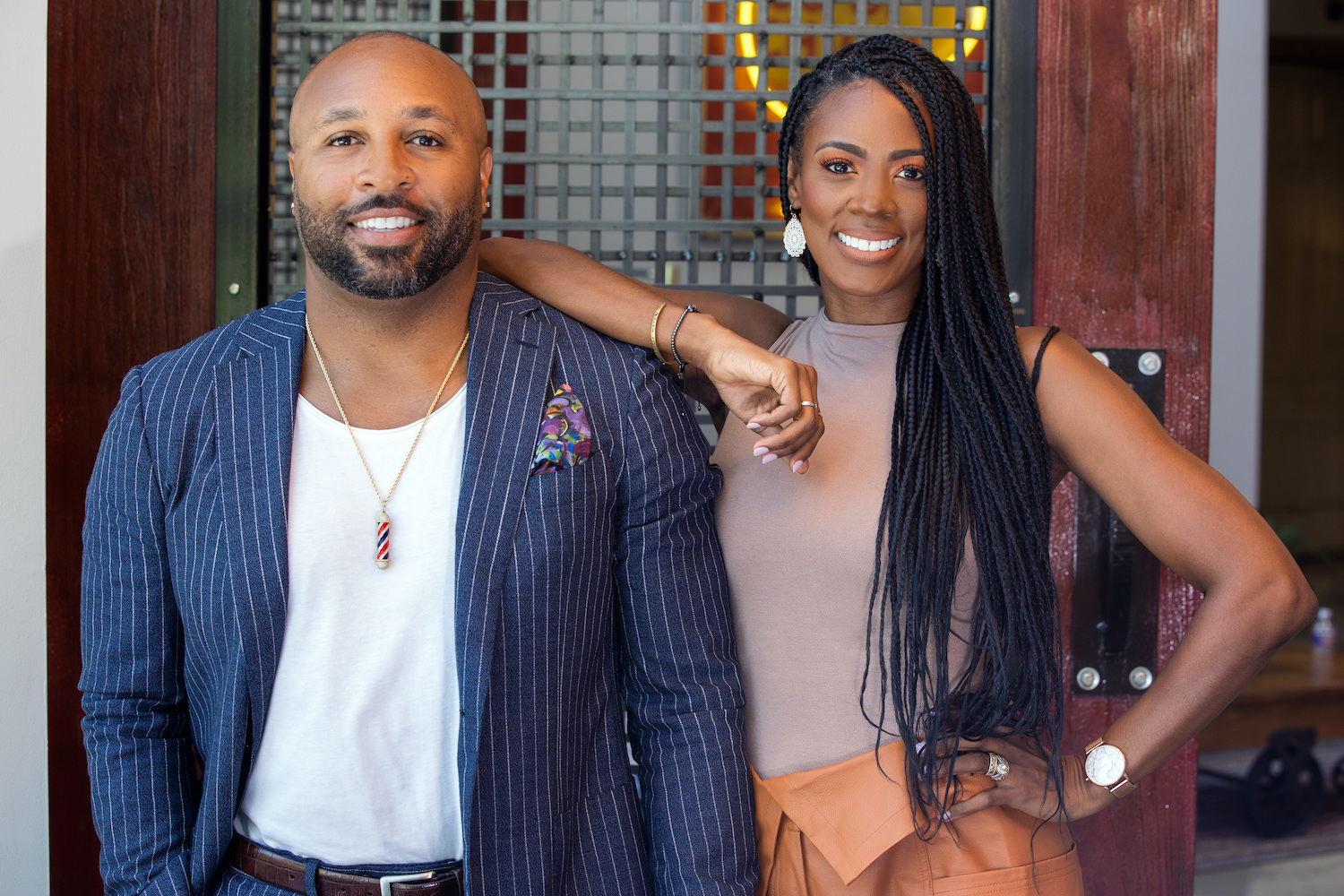
In light of the scrutiny DEI programs are encountering, Durham warns businesses to be sure they’re following best practices. “Employers would be well-advised to take a look at their programs and not do away with them, but ensure that what they are doing is well-documented,” he says. “[Make sure] the justifications for the programs align with applicable law, and in the face of certain internal and external pressures to scale back DEI initiatives, I would say the employers ought to think about, instead of bowing to such pressure, responding to it in a respectful, thoughtful way, which is to say, ‘Here’s what we are doing, here’s why we are doing it, and here’s why we believe it’s lawful and we remain committed to these goals.’”
No matter the outcome of the suit against Fearless Fund, it’s doubtful it will happen quickly. “It took decades for the battle in college affirmative action to come to the point it came to with the Harvard decision,” says West. “But the immediate impact is the chilling effect it could have.”
Countering that effect, there are champions of BIPOC-owned startups and VC funding following Fearless Fund’s lead in vowing not to be cowed. Over 70 VC firms have signed an open letter denouncing AAER’s suit. Brittany S. Hale, interim CEO and COO of Digitalundivided, says, “I’ve been asked about fear a lot, and the short answer is no. The odds have never been in our favor, but, like Fearless Fund, we remain fearless.”
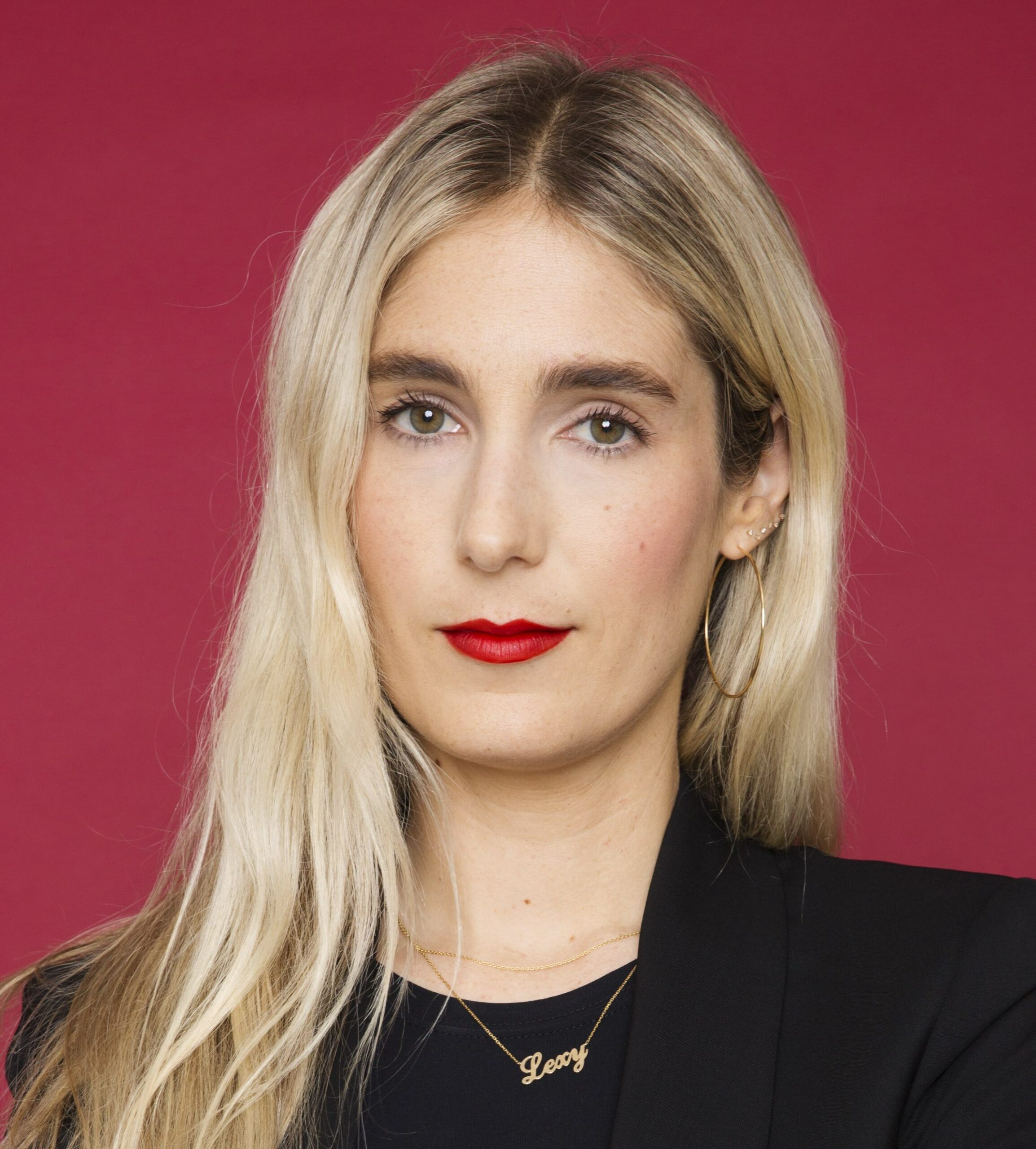

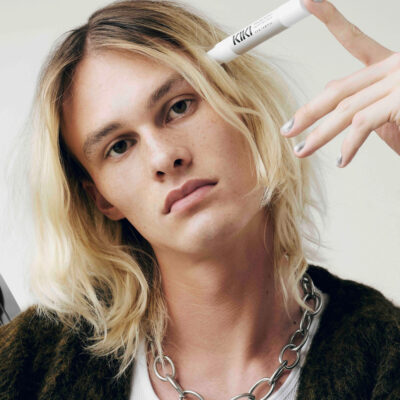

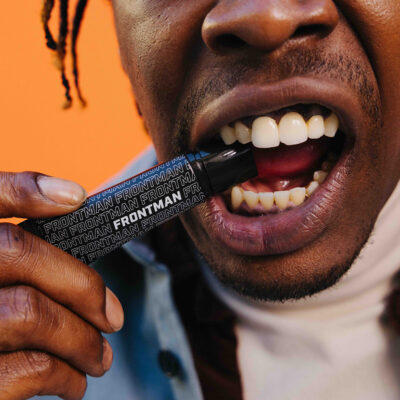
Leave a Reply
You must be logged in to post a comment.